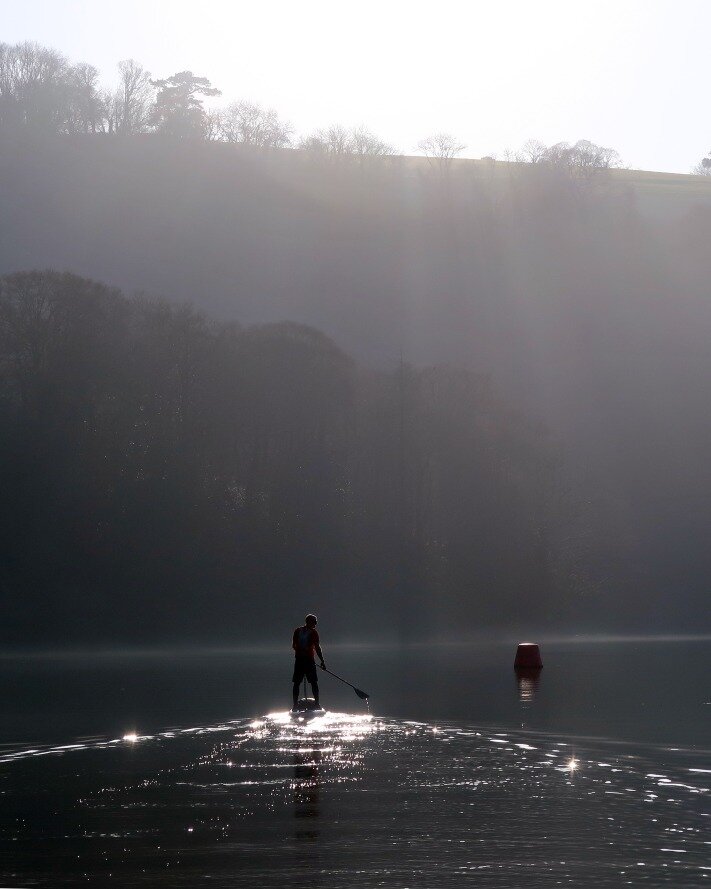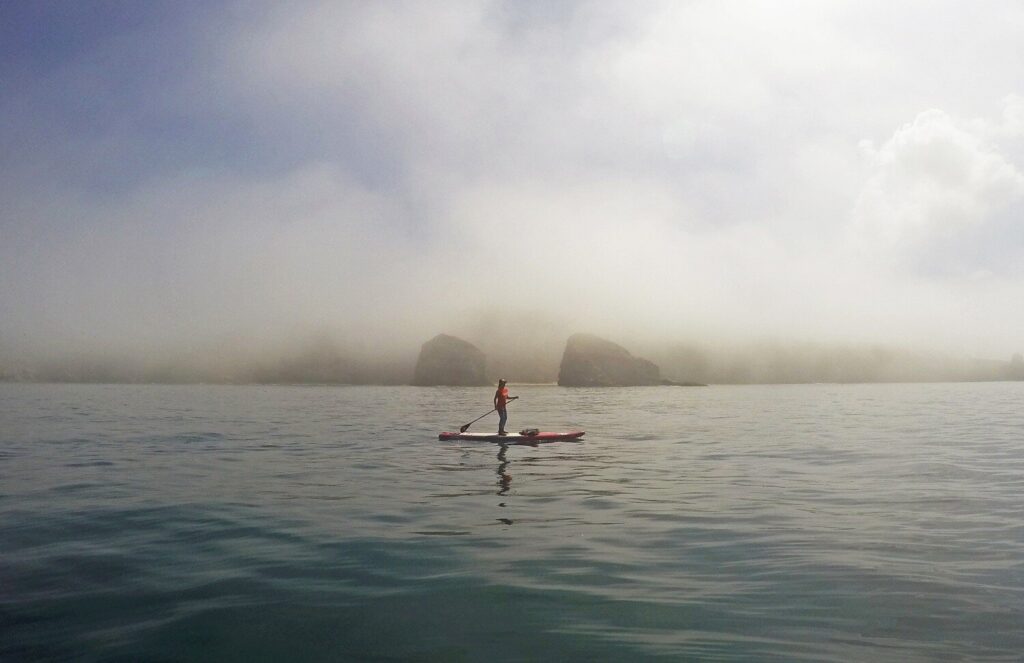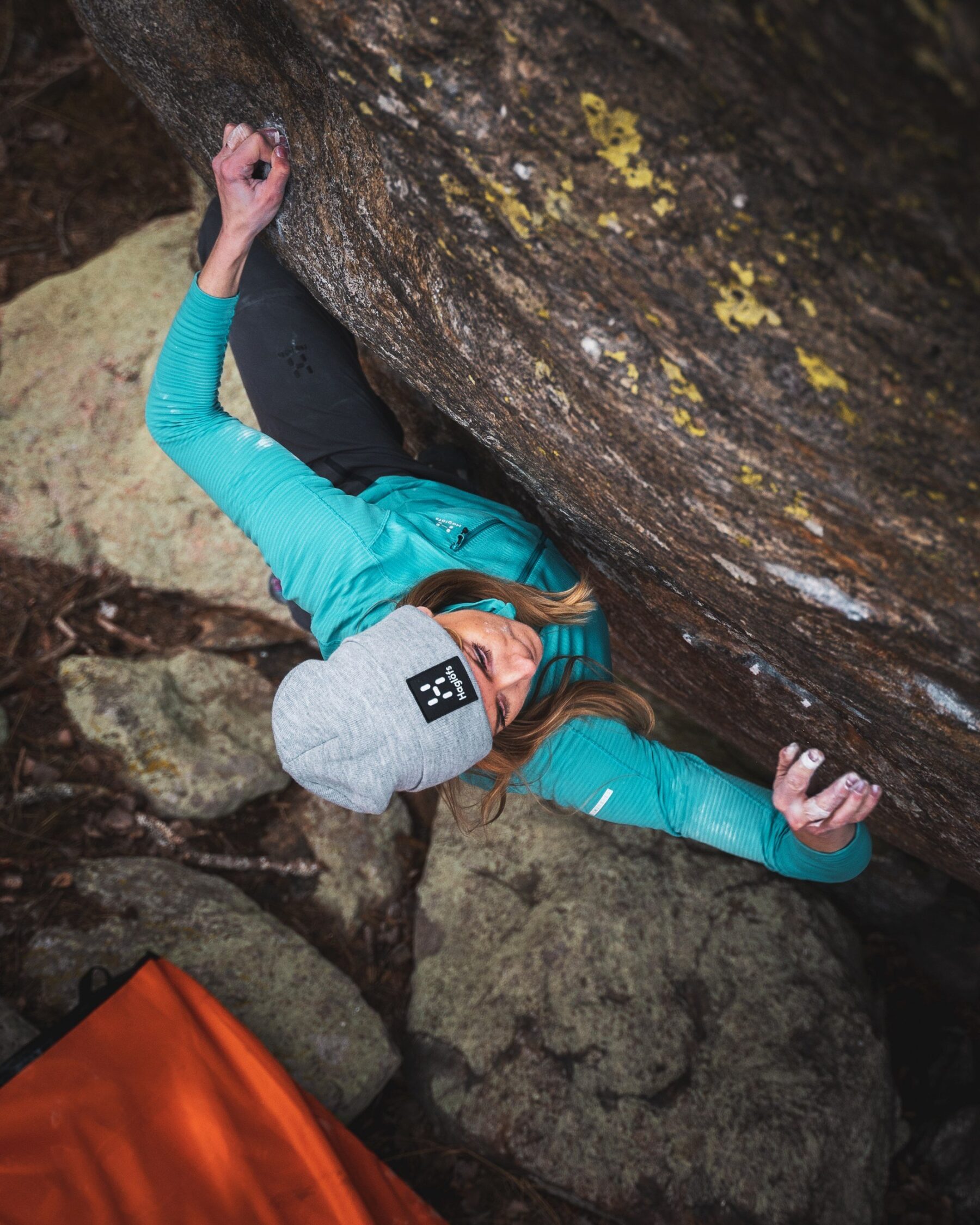Home Story Adventures in Science
Adventures in Science
Feature type Story
Read time 4 min read
Published Mar 03, 2020
Author Lizzie Carr
Photographer David Pickford
Story | Lizzie Carr Photography | David Pickford
The days of sea voyages to claim unknown lands are long gone, and modern-day exploration has evolved far beyond the discovery and conquest of untouched terrain. In our age of satellite mapping, the Earth’s surface leaves little to physically uncover, at least on land. In the place of breaking new ground is something different; something equally, if not more important than the discovery itself. Over recent decades, the eyes of the Western world have slowly been opened to the challenges that lie ahead in terms of preserving wild environments across the globe. Geographers now say we live in the ‘Anthropocene’, a proposed new era of Earth history dating from the beginning of significant human impact on ecosystems and geology. It is no exaggeration to point out that the future of our planet depends, to a very large extent, on us and our decisions. Where the first explorers chose to break and map new ground, contemporary adventurers must become the Earth’s guardians instead of its conquistadors. Modern expeditions should strive to educate and inform, improving our knowledge of our planetary home rather than staking claims to its territory, or striving to be the first to get somewhere or to do something.

Paddle boarder in Stennis Ford, Pembrokeshire Coast, Wales. Taking photos of waste plastic in oceans and rivers and uploading them to the Plastic Patrol app an help scientists tackle the problem.
I’m addicted to adventure and the outdoors, it’s where I feel happy and most at home. The natural world is my playground. Whether I’m adventuring closer to home or travelling further afield exploring places I’ve never been, it all holds the same amount of excitement and wonder. But the environmental degradation I have experienced on some of my travels is deeply saddening at the same time. Regardless of where I am in the world, the ugly and disappointing truth of the human impact on wild environments always affects me.
Plastic pollution – a huge problem primarily (but not exclusively) affecting the world’s oceans and rivers – stems from the basic truth that, on a global scale, we discard much more plastic than we recycle. This is surely reason enough to ensure we find a solution to a problem we have ourselves created. We all need to roll up our sleeves to help fix this problem – and while there’s still enough time to make a difference.
Our carbon footprint on new adventures can be offset, to some extent, by contributing to meaningful scientific research. As environmental issues become increasingly complex and challenging, the need for extensive research to better understand their scale and impact is more urgent than ever.
Many current environmental projects are requiring volunteer scientists to work together to gather data and answer real-world questions. Today, anyone can be an adventure scientist with some research and planning, and the possibilities for taking science into your own hands are wider than ever before. Smart technology provides unprecedented access to networked knowledge, and forms a pool for like-minded groups and individuals to come together to help address global issues.
Small acts of environmental attention such as taking photos of waste plastic can build up to effect global change
A great example of a pioneering adventure science project on a global scale is the International Barcode of Life (iBOL), an association of universities, natural history museums and research institutes. In 2014, iBOL asked people all over the world to gather biological samples in what can only be described as a colossal undertaking: the aim was to identify all living species on earth. The broader purpose of iBOL is establishing a global bio-monitoring system to track ecosystems, and ultimately complete the inventory of all life on Earth. This is a project which continues today, and will do so for some time.
Technology firm IBM recently set up a platform to support crowd sourced citizen scientist data. Looking for a way to create a central repository for rainforest data, its research lab in Brazil developed a portal and mobile app as a way to acquire more knowledge about biodiversity in the Amazon rainforest. Users are able to upload photos of plant species and components, enter characteristics such as colour and size, and to compare these against a digital catalogue to identify and classify the species.
There couldn’t be a better time for Plastic Patrol [Ed- since renamed Planet Patrol]- the charity I founded which campaigns to eradicate single use plastic – to launch the biggest ever citizen-led scientific survey. We’re asking people across the world to help log circa five million pieces of waste plastic simply by taking photos on their phones.We literally have the power in our pockets to accelerate change, and a duty of care to the planet to make research like this a part of our travels. The information we gather in the Plastic Patrol app will provide vital data about the location, type, volume and distribution of plastic, which can then be analysed by scientists, providing insight into problem areas of waste plastic collection. This then helps build an evidence database with which to tackle this huge problem. The data we ourselves collect can help tackle problems such as the Great Pacific Garbage Patch, the largest accumulation of ocean plastic in the world, which is located in the central Pacific between Hawaii and California.
I truly believe small acts of environmental attention – such as taking photos of waste plastic and uploading them to a larger data-set – if multiplied by the power of millions of people, can build up to effect global change, impacting our future for the better.
Today we’re leading the way in citizen-led science, and Plastic Patrol currently holds the largest bank of waste plastic data on record. We focus on building a tangible and valuable evidence base through our army of passionate volunteers. Currently, the Plastic Patrol map contains more than 100,000 examples of plastic waste from 37 countries globally.
Whether you’re on an adventure of a lifetime or just commuting to work in your local park, if you find plastic where it shouldn’t be it only takes a minute to upload it to the app. The future of our planet relies on everyone understanding challenges such as that of waste plastic and confronting them head on. We can all become adventure scientists whenever we travel, and modern versions of the great botanical explorers and expeditionary biologists of the past. If we want to preserve our planet, then I’d argue it’s our responsibility to step up to this crucial role.
This article first appeared in issue #1 of BASE magazine. You can read the full issue online here. To make sure you get each issue delivered directly to you inbox the day of publish, subscribe online for FREE.
Don’t miss a single adventure
Sign up to our free newsletter and get a weekly BASE hit to your inbox
You might also like

Video • BASE editorial team • Apr 26, 2023
5 Tips For Taking Care Of Your Paddleboard
Expert advice for keeping your SUP in top condition
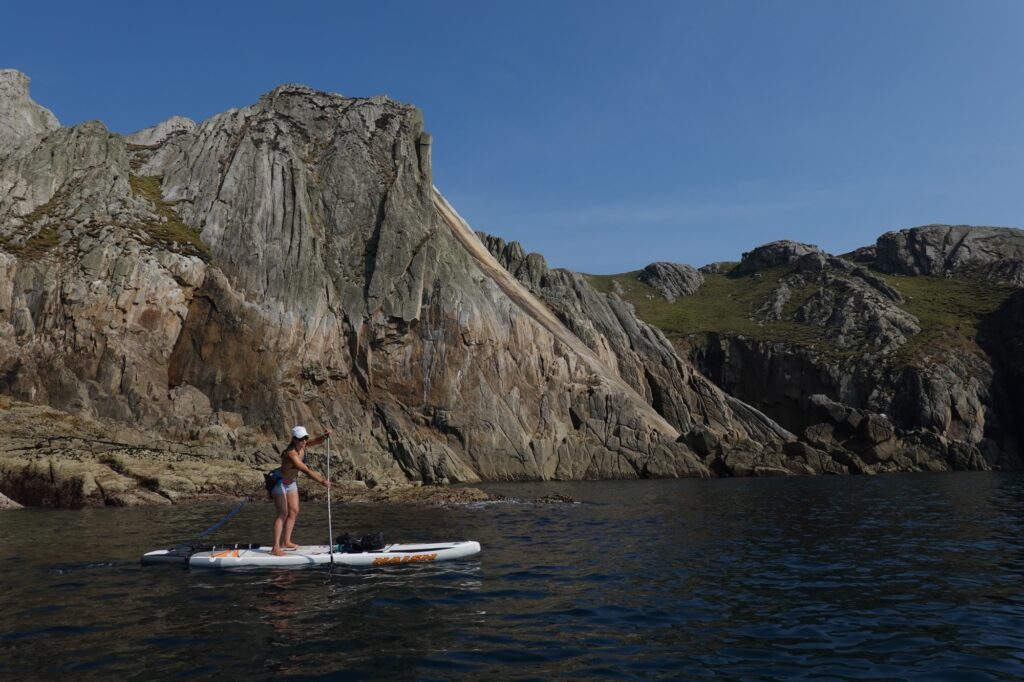
Story • David Pickford • Apr 12, 2023
West by Northwest: Lundy Island by Standup Paddleboard
An open-water SUP voyage from the north coast of Devon to the iconic island of Lundy
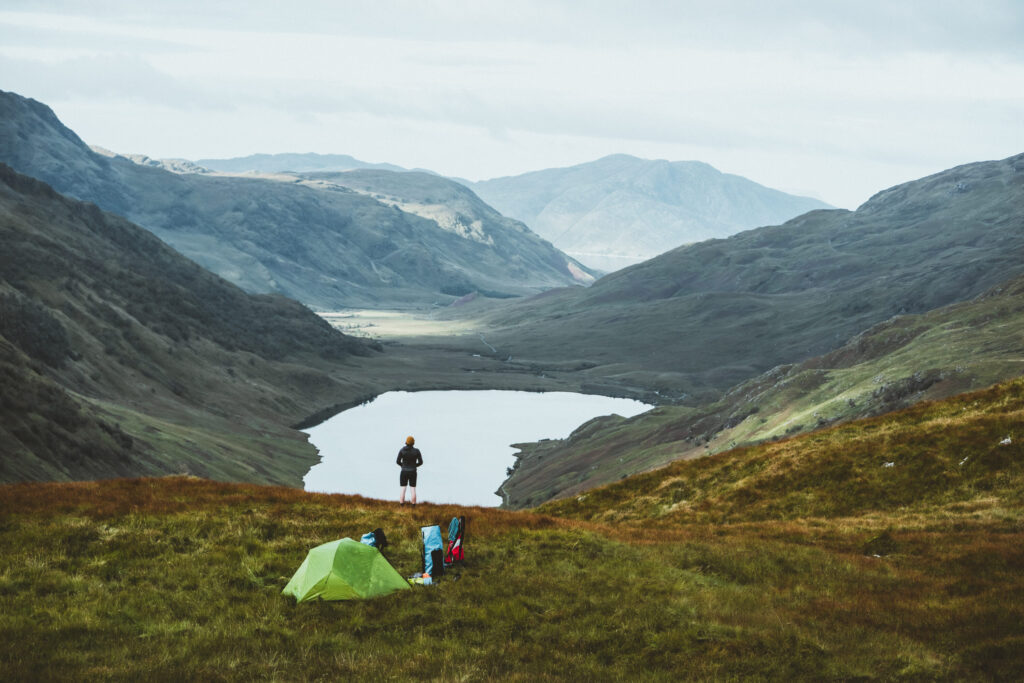
Story • Aaron Rolph • Nov 16, 2022
The UK’s Last Remaining Wilderness
A hike and SUP adventure to discover Knoydart, a wild peninsula in the Scottish Highlands

